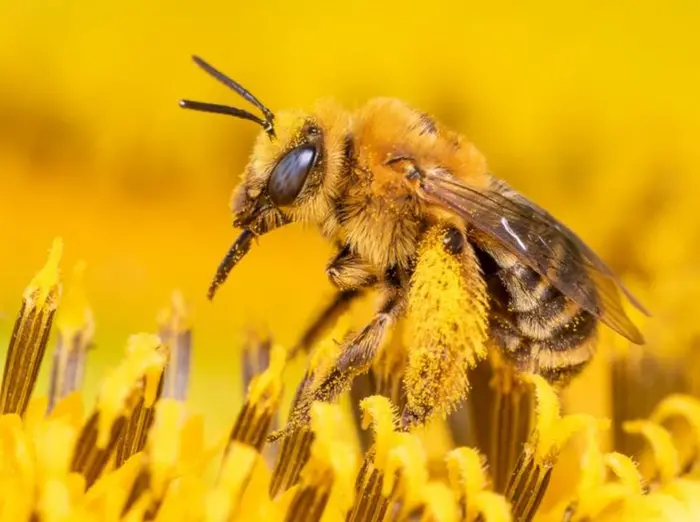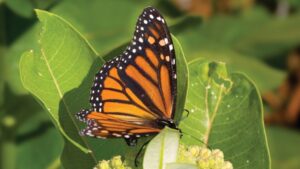Rutgers University-New Brunswick is leading a global team of researchers that has discovered pollinator shortages are limiting crop yields in more than 1,500 fields across six continents.
The study, published in Nature Ecology & Evolution, reveals that the production of vital, nutrient-rich crops such as fruits, vegetables, nuts, and legumes is suffering due to insufficient pollinators.
The analysis indicates that one-third to two-thirds of farms are underperforming because of a lack of pollinators, a condition known as pollinator limitation. This finding is particularly significant given the growing concern over global insect population declines.
“Our findings are both concerning and hopeful,” said Katie Turo, a postdoctoral fellow in Rutgers’ Department of Ecology, Evolution, and Natural Resources and a co-author of the study. “While we found widespread yield deficits, we also believe that investments in pollinator management could boost crop productivity and help meet global nutritional demands.”
The study’s conclusions were drawn from a detailed analysis of over 200,000 bee visits to crop flowers, based on one of the world’s most comprehensive crop pollination databases. Rachael Winfree, senior author and Rutgers professor, collaborated with scientists from Europe and South America to build this extensive open-source database, which compiles three decades of data on pollinators’ interactions with crops.
Though major food staples like rice and wheat don’t rely on pollinators, bee pollination is critical for many nutrient-dense foods. “Crops like summer berries, apples, and pumpkins—those culturally significant and flavorful foods—typically depend on insect pollination,” Turo explained.
Pollination, which facilitates plant fertilization, can occur via wind, water, or pollinators such as bees and other insects. Previous research from Rutgers scientists has shown that pollinators are essential to the reproduction of 88% of the world’s flowering plants and 76% of leading global food crops. Bees, in particular, are the most effective pollinators, with Rutgers researchers identifying blueberry, coffee, and apple crops as especially prone to pollinator limitations.
Yield deficits were identified for 25 unique crops across 85% of the evaluated countries. However, Turo pointed out that current pollinator-related deficits could be mitigated by increasing pollinator visitation to underperforming fields.
“Crop yields, which measure the amount of crops produced per unit of land, are critical for assessing global food supply sustainability,” said Winfree. “By prioritizing pollinator management, farmers could enhance productivity and ensure a more reliable food supply.”
The study also involved contributions from James Reilly, a data analyst at Rutgers; Ainhoa Magrach of the Basque Centre for Climate Change in Spain; and Thijs P. M. Fijen of Wageningen University & Research in the Netherlands.











